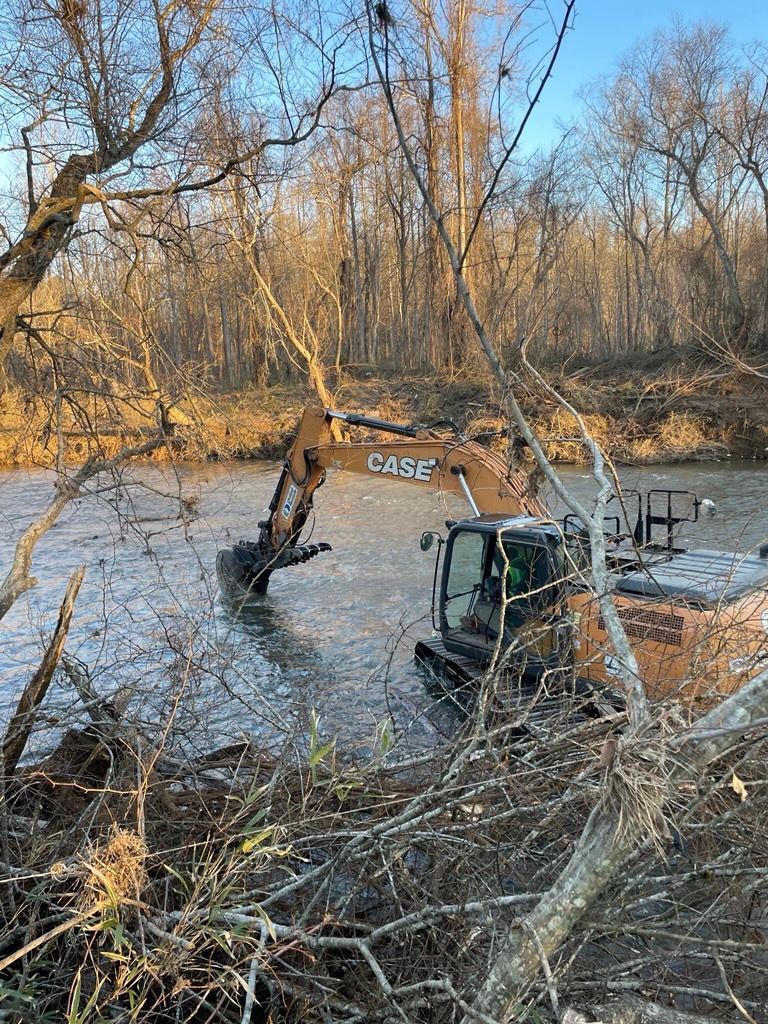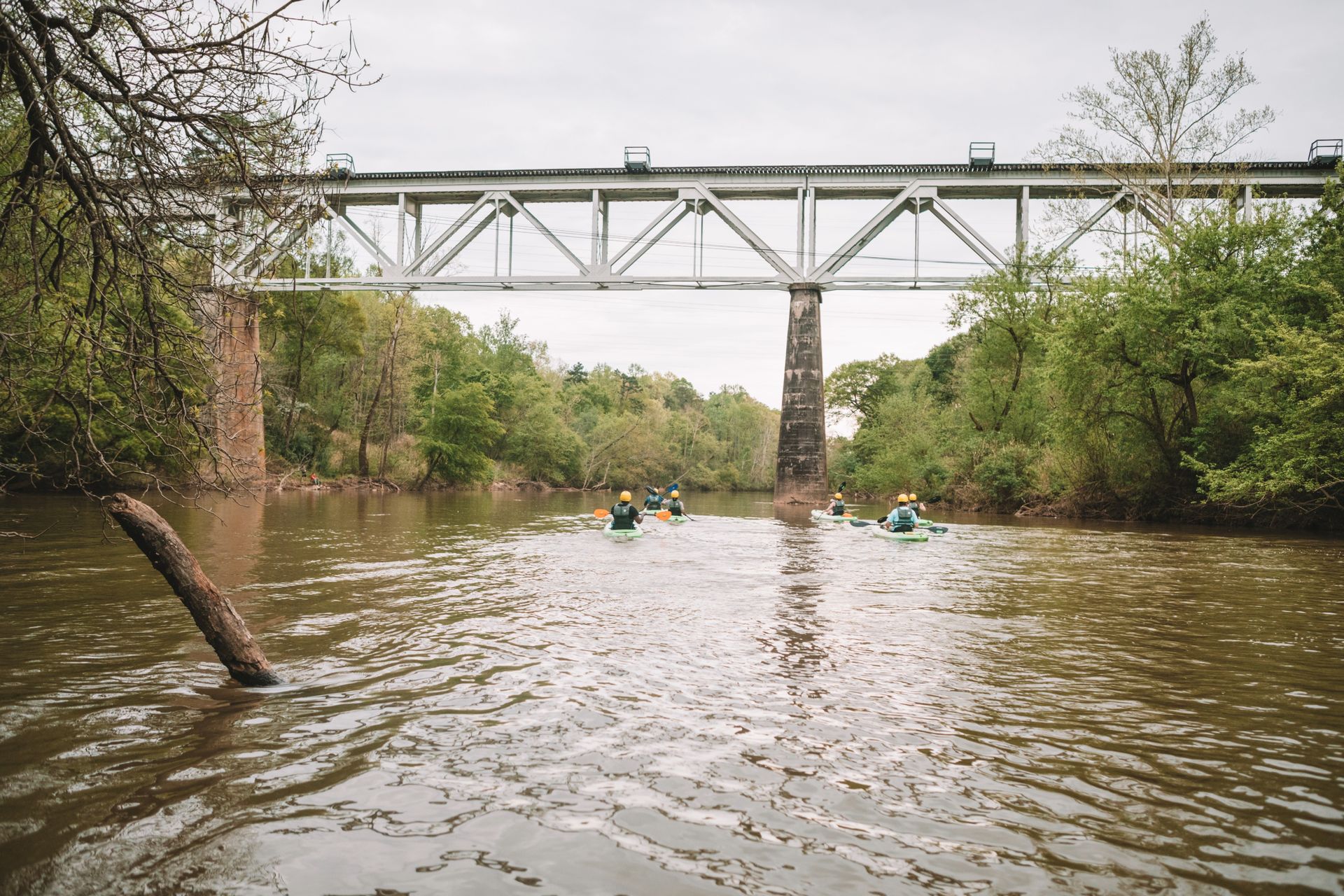May Membership Drive
Catawba Riverkeeper is hosting a membership drive!
Help us reach our goal of 100 new or returning members in the month of May!
Why should I become a member?
- Members financially support our work to protect water quality. About 40% of our funding comes from individuals and families – people like you. When combined, membership contributions fund water quality monitoring, advocacy efforts, education programs, cleanups, and community science. Without these membership contributions, Catawba Riverkeeper couldn’t continue to be your independent watchdog for our waterways.
- Members give Catawba Riverkeeper legal standing. When we can show that Catawba Riverkeeper represents residents of the basin, we can effectively advocate for legal protections.
How You Can Help
- Join now if you aren’t already a member*.
- Renew your membership.
- Give a gift membership.
- Ask a friend or neighbor to become a member.
What Members Get
- Discounts on kayak rentals, guided tours, etc.
- 10% off merchandise in our online store. Rep your favorite nonprofit with sustainably manufactured apparel.
- Voting rights at our Annual Meeting. Our Board of Directors is elected by our members. You get to choose who serves as leaders of Catawba Riverkeeper.
- Invitations to exclusive, member-only events and priority registration at limited-capacity events. You’ll be the first to know about special events.
- A copy of our print newsletter, mailed to your home. Read about the progress we’re making towards a healthier river because of our members.
- Membership at The River Room and Confluence.
(When you join or renew, your official thank you letter will include a discount code for merchandise and certain kayak rentals/tours.)
Why Now?
May kicks off our busy season. Swim Guide launches this month. Interns will be arriving soon. We’re also opening our recreation season and expanding our retail programs. RiverFest is just around the corner. We need new and returning members to help us continue to educate, engage, and protect through our busiest time of year.
All new and returning members in the month of May will be entered to win a River Adventure package! The package includes Catawba Riverkeeper swag, a private paddle for 8 people, and a $50 gift card good at any of our retail locations (The River Room, The Boathouse, Confluence).
*Not sure if your membership is current? Email diana@catawbariverkeeper.org to find out.








